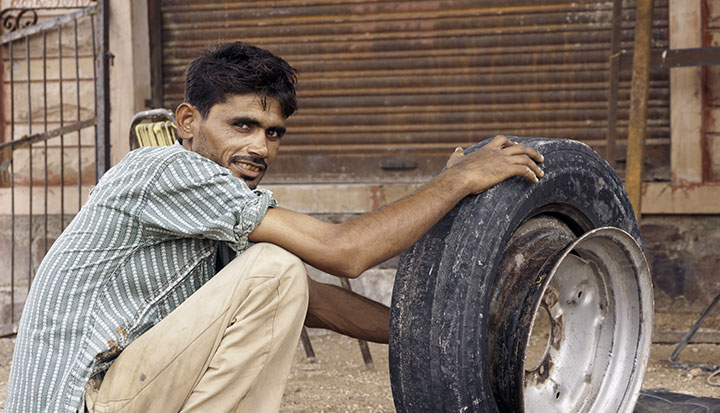The 2016 Unilever Global Development Award supported by Business Fights Poverty saw an unprecedented number of applications from companies globally. This year was an important year in the Awards as it coincides with the conclusion of the Millennium Development Goals (MDGs) and the start of the Sustainable Development Goals (SDGs).
The programmes seen in this category was very varied with some companies looking to empower workers in their supply chains, others working to improve hard infrastructure such as access to water, roads and agricultural storage facilities and others supporting the development of legislation and policy with governments.
The joint challenges of climate change, rapid urbanisation, rising supplier costs, declining yields and scarcity of natural resources have caused many companies to develop supply chain resiliency programmes. The approach taken to support suppliers in global supply chains looked to provide farmer training, access to capital, improved local infrastructure and business management skills. This in turn generates a payback for the companies investing in these programmes with improved security of supply. Overall household incomes have all been improved in all the programme with participants in Olam International’s initiative in Cote D’Ivoire seeing farmer incomes increase from $200 to $1,200 per year.
Access to good healthcare infrastructure for people living in rural areas is a challenge in many developing countries and is a challenge that many Award entrants sought to find solutions to. Some organisations, such as GEEL Medical Services, have been developing models of community based hospitals and medical outreach camps whilst others are using technology to allow people in rural communities to remotely receive a health diagnosis. GSK’s partnership with Save the Children has reached 1.3 million children in 37 countries, giving them insight into product innovation possibilities for low resource environments.
Working to tackle both environmental and health issues, Pollinate Energy is working in India to deliver clean affordable energy to India’s urban poor. Access to lighting in the evenings has enabled students to study in the evenings balancing their academic achievements in comparison to those formal housing.
Gender empowerment was supported through many of the programmes in this year’s applications. In some programmes this was done explicitly through working with socially disadvantaged young women to improve access to employment, such as Primark’s work in conjunction with the Self Employed Women’s Association working to support female smallholder farmers to grow more sustainable cotton. In other examples gender empowerment was achieved indirectly for example, Manila Water Company’s work to improve community access to water and therefore reducing the amount of time women spend collecting water.
To read more about the Shortlisted and Finalist Companies for this Award see the case studies available here: http://www.bitc.org.uk/awards/responsible-business-awards/award-sto…
Do you think your business model which exemplifies supporting Global Development in a sustainable way sign up for the 2017 Award sign up here: http://www.bitc.org.uk/awards/responsible-business-awards
The Unilever Global Development Award winner will be announced at the Annual Responsible Business Gala on 11 July. For live updates from the winners please follow #BITCawards
For more information about the Business in the Community Awards please see www.bitc.org.uk/awardsbfp










